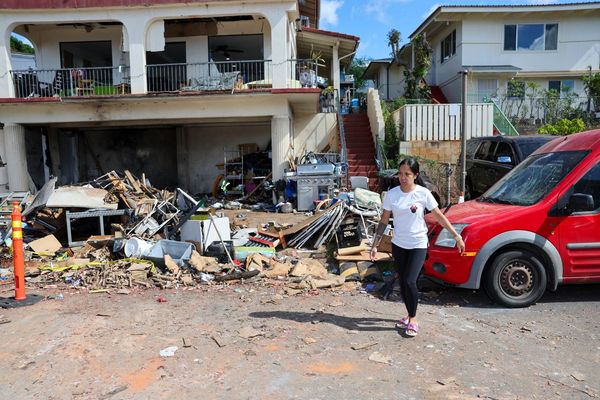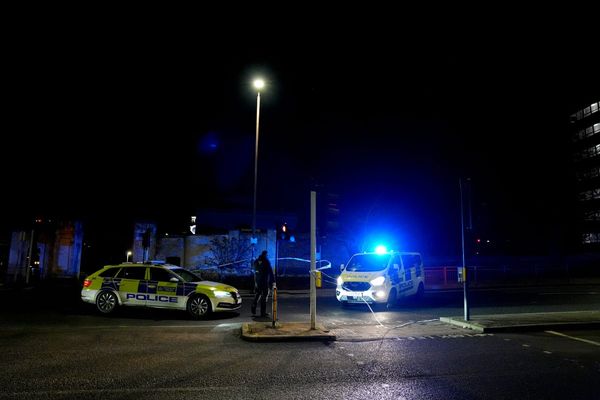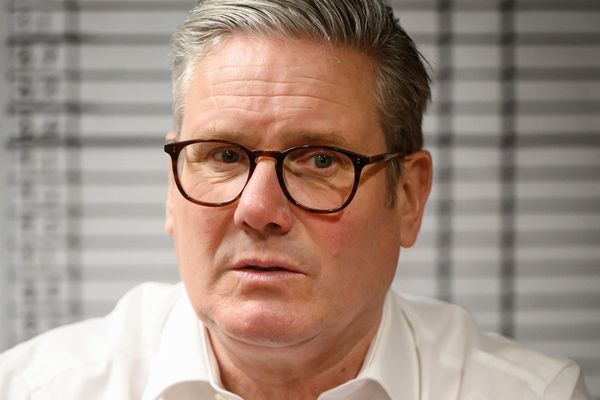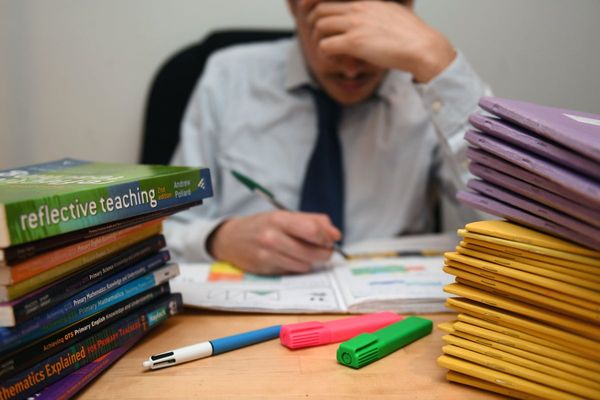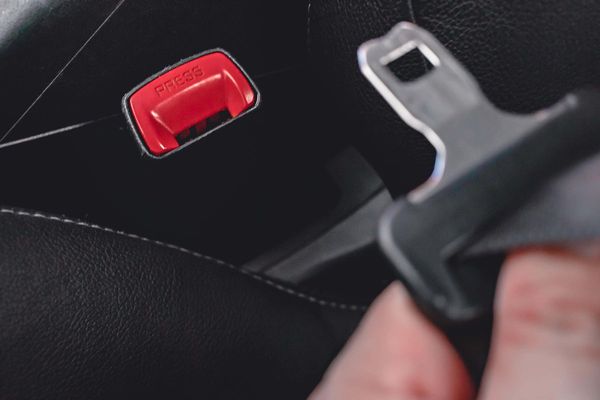
Josh Frydenberg’s ambition to be prime minister of Australia still burns brightly it seems, and his two most prominent Liberal Party sponsors, Alexander Downer and Michael Kroger, have both optimistically predicted that his ascension will happen one day — even though he is no longer in the federal Parliament.
Downer at least showed some deference towards Peter Dutton when he told Q+A last Thursday that Frydenberg probably wouldn’t be the next Liberal prime minister, but that he would land the job at some point. Adopting the Joe Biden approach of becoming a first-time national leader at 78 means that Frydenberg, who turns 51 in July, still has 27 years to get the job done.
Unlike Kristina Keneally, we’re still waiting for Frydenberg to do a major post-election interview that might clarify his intentions, but the latest media briefings seem to suggest he’s going to try and cash in corporately for the next three years and then win back Kooyong in 2025.
That will be a lot easier said than done, as Frydenberg was comprehensively thrashed by Dr Monique Ryan who is currently sitting on 53.3% of the two-candidate-preferred vote, which amounts to a staggering buffer of 5569 votes. By way of contrast, Zoe Daniel is currently leading Tim Wilson by 4387 votes in Goldstein, Kate Chaney claimed Curtin over the weekend with a lead of 1943 votes, and Dr Sophie Scamps leads Jason Falinski in Mackellar with a margin of 3709 votes.
The three lower house crossbenchers with the biggest buffers are Greens leader Adam Bandt in Melbourne with a lead of 14,484 votes over Labor, Helen Haines who retained Indi with a lead of 15,444 votes over the Liberals, and Andrew Wilkie in Clark who picked up 70.59% of the two-candidate-preferred vote to score a margin of 25,503 votes over Labor and secure a fifth term. Make that man the speaker!
Kooyong is one of Victoria’s youngest electorates, and Frydenberg also clearly suffered because it has about 6000 more female than male voters and a large cohort of Chinese Australian voters who make up approximately 11% of the electorate’s 113,054 enrolled voters.
In others words, the demographics were strongly against him, and as Mornings on ABC Radio Melbourne presenter Virginia Trioli pointed out over the weekend, he was also hit by the perception that he bagged Victorians during the world’s longest COVID lockdowns.
If spending $3 million-plus on his reelection campaign and having the benefit of incumbency weren’t enough, it’s hard to see how Frydenbeg could ever win Kooyong back, particularly given the impressive start by Dr Ryan, who carries herself in public with the confidence of a seasoned veteran.
The Sunday Age ran a Paul Sakkal feature about Kooyong off page one yesterday, and Dr Ryan did not miss, telling the paper:
“He said I was ‘in bed’ with Labor and the Greens; to me that’s offensive. He repeatedly said that I lied, he called me a fake independent, he never acknowledged my gender and for most of the campaign he wouldn’t say my name. He called me ‘they’, not ‘she’ … I found that demeaning.”
“It was this dystopian vision of Josh looking down at you from every intersection saying ‘keep Josh, keep Josh’, and then at ground level you’ve got my people singing in the rain with their nice teal T-shirts and umbrellas having the time of their life.”
Perhaps the Liberals need to come up with what could be dubbed “the unreal Teal deal” for the 2025 election, where they would agree not to stand candidates in certain teal-held seats in return for Dr Ryan retiring gracefully after a solitary term in Parliament. As if, you say!
If Frydenberg really wants to get back into federal Parliament before 2025, it shouldn’t be hard to find a senator to retire, creating a casual vacancy that can be quickly, cheaply and safely filled without the risk of losing a byelection, as occurred when both Bob Hawke and Malcolm Turnbull quit Parliament after being ousted in leadership challenges.
You don’t need to live in the state you represent in the Senate, so Frydenberg could easily become one of four Liberal senators representing Tasmania. However, his leadership ambitions would need to be put on hold until a return to the lower house was engineered.
As I first suggested in May, after the Kooyong People’s Forum debate on Sky News, a better option would be for Frydenberg to emulate Campbell Newman’s strategy and attempt to lead the Victorian Liberals to the November state election from outside Parliament.
Australia hasn’t had a one-term federal government in more than 70 years, so if Frydenberg’s prime ministerial ambitions burn so brightly, it would make more sense to try and spend four years proving his leadership credentials as premier of Victoria before pivoting back to Canberra ahead of the 2028 federal election.
Alas, Frydenberg simply isn’t that good. Aligning himself so closely with toxic Scott Morrison was a major mistake. He even bunkered down with the PM at the Lodge in recent months, which is probably the closest he’ll ever get to the nation’s top job.
